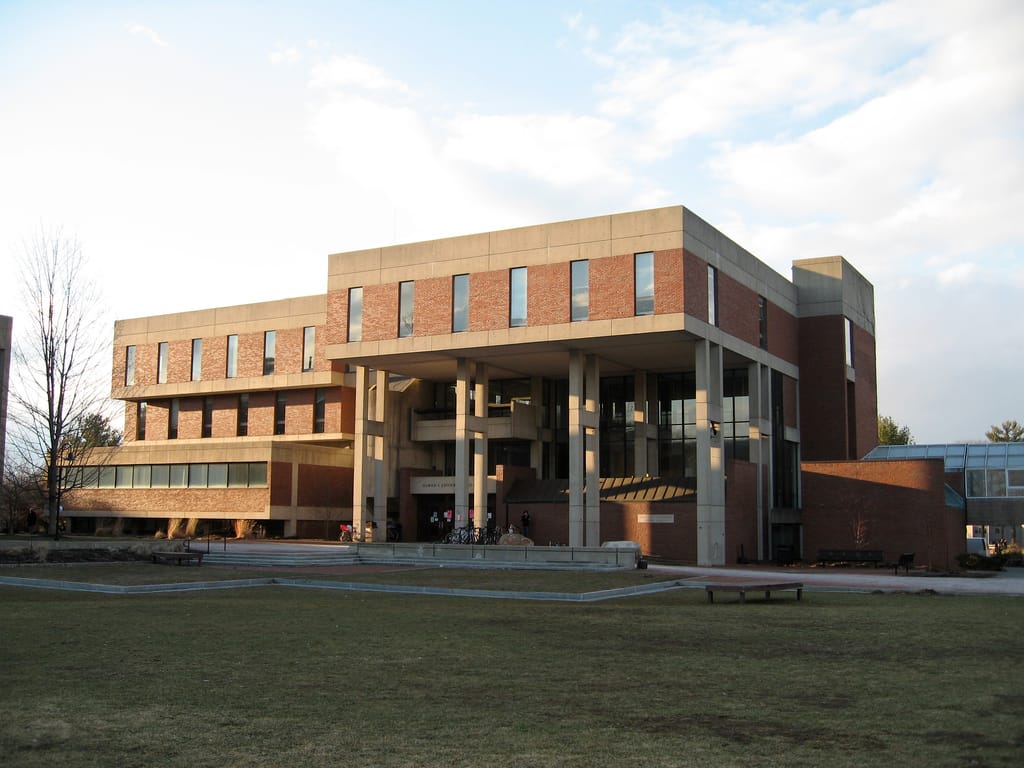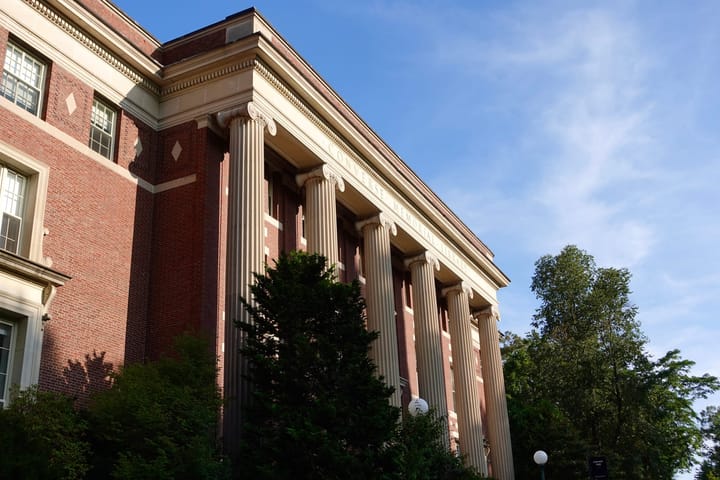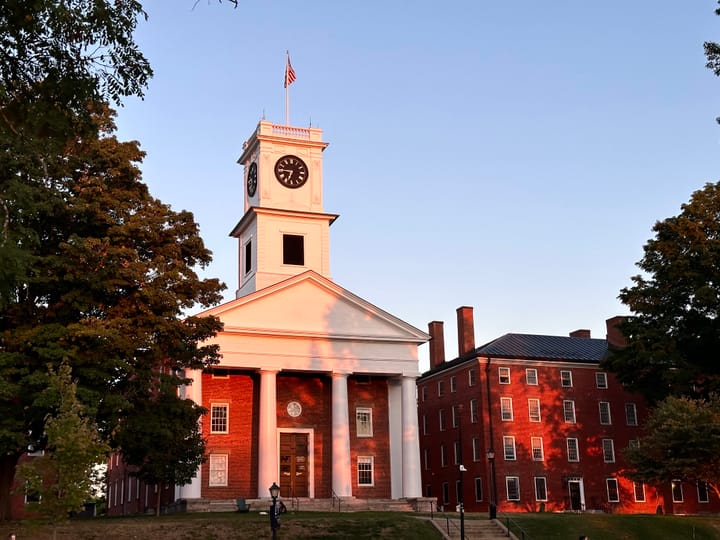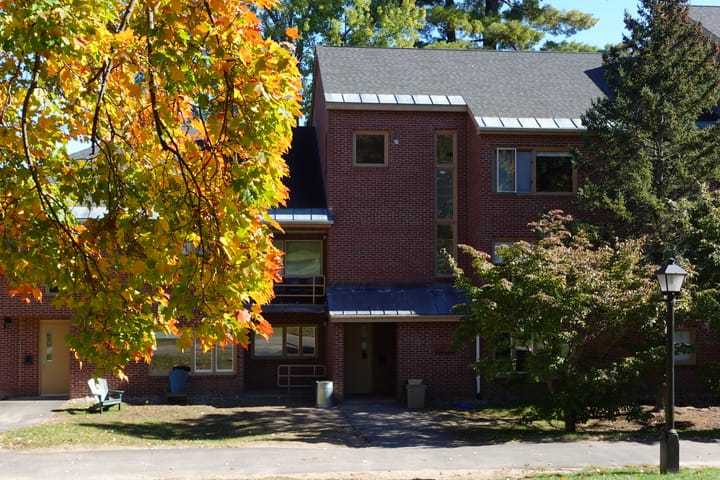Jennifer Chrisler Appointed as Hampshire College’s Ninth President
Jennifer Chrisler, who has led fundraising campaigns to create more economic backing for Hampshire College, has been appointed as the college’s ninth president.

On Oct. 9, Hampshire College appointed Jennifer Chrisler as its ninth president, after former president Edward Wingenbach resigned after a six-year tenure to head the American College of Greece in Athens.
Jennifer Chrisler, an alum of Smith College, has had a career spanning 30 years working in private and public education, electoral politics, and national public policy advocacy. Previously, she served as the vice chancellor of advancement at the University of Massachusetts, Dartmouth and vice president of alumnae relations at Smith College. She has worked at Hampshire since 2019 as chief advancement officer and vice president of institutional support.
In her roles at Hampshire, she led multi-layered efforts in fundraising and enrollment, including outreach strategies that resulted in substantial donations for operational purposes. Chrisler was appointed interim president in July before she was announced as permanently having the position
“I believe in Hampshire’s promise, and I believe in its people,” Chrisler said in a press release on Oct. 9. “Hampshire’s purpose is reinvention, which is a vital capacity in the current moment. Now is the time to supercharge our work to envision a 21st-century education that prioritizes student agency, adaptability, and real-world impact.”
Since its founding in 1970, Hampshire College has had a rocky history. It started as an experimental institution in partnership with the four other colleges in the Five College Consortium, adopting an alternative educational model in which students are required to complete portfolios and receive narrative evaluations instead of letter grades.
At $26.5 million, Hampshire’s endowment is substantially smaller than its peer institutions. As a result, the college has to rely much more on tuition revenue for its operational costs. In 2019, Hampshire’s seventh president, Miriam Nelson, attempted to fix these financial issues by proposing a merger with another institution. Talks of entirely pausing admissions for a semester, and introducing mass faculty and staff lay-offs led to widespread dissatisfaction and disagreement from students and employees alike, resulting in Nelson’s resignation in April 2019.
A fundraising campaign in late 2019, with the help of Chrisler, created more solid economic backing for Hampshire. As a result of its high reliance on tuition profits for operating costs, Hampshire has been trying to increase its undergraduate enrollment, with the student body growing from approximately 460 students in 2022 to 840 in 2025.
In her statement, Chrisler acknowledged the long-term financial concerns Hampshire has faced.
“The key to all of this is to lay the groundwork for transformative growth with the Hampshire community, while ensuring Hampshire’s operational health,” she said.
Chair of Hampshire College’s Board of Trustees Jose Fuentes was hopeful that Chrisler would continue to improve the college’s financial situation.
“In [Chrisler], we have a steady and savvy financial hand, as well as a strategist who can see the macro trends in higher education and forge an innovative future for both Hampshire and the liberal arts,” he said in the same press release as Chrisler.





Comments ()